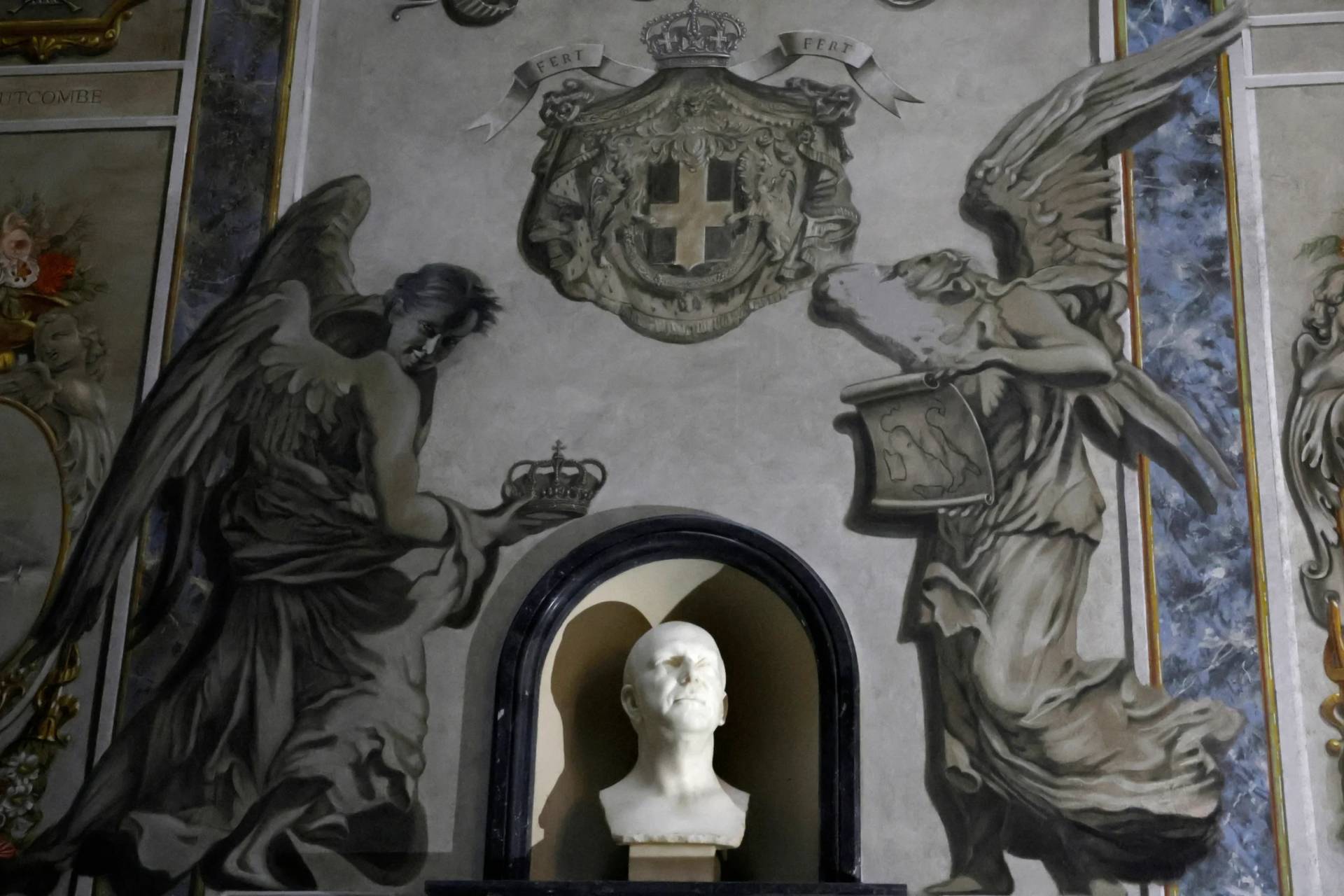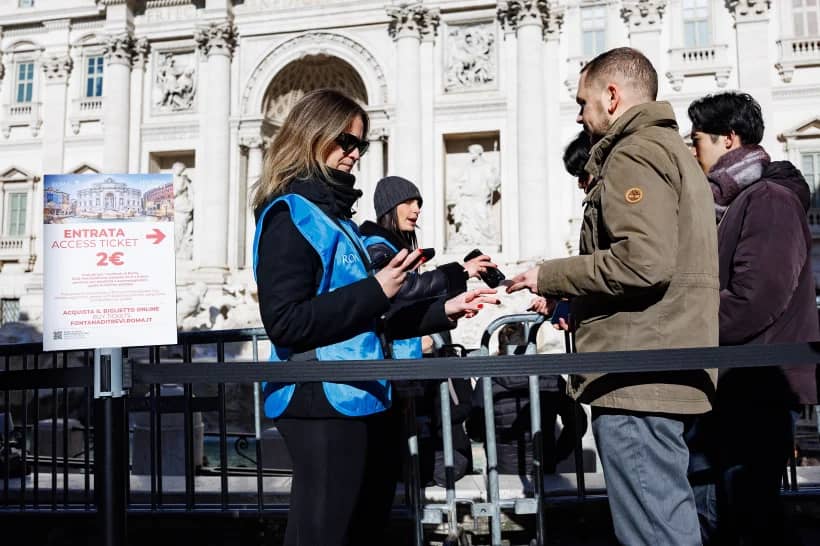Archbishop Luis Argüello of Valladolid, and president of the Spanish bishops’ conference, has responded to the controversy around singer Rosalía’s upcoming album, saying through it he perceives a “renewed youthful interest in spirituality.”
The controversy was sparked by the album cover, which depicts the 33-year-old singer dressed as a nun, and the album Lux – due for release on Nov. 7 this year – is predicted to delve into her spiritual and religious experiences.
Speaking on a podcast recently with journalist Mar Vallverdú, the internationally renowned singer said, “I have spent my whole life with this feeling of emptiness” and mused that “maybe it’s the space of God, divinity.”
“I admire nuns a lot. They are like heavenly citizens, you know?” she added.
While some Catholics were offended by the singer dressing as a nun, Argüello, while speaking at an event on theology and AI, took a different tact.
For the archbishop, her album shows the “underlying current” of a “renewed youthful interest in spirituality”, which can also be seen in the recent release of a film Los Domingos, which follows the vocational journey of a young girl and was lauded at the San Sebastian Film Festival.
Additionally, the archbishop highlighted the work of Korean philosopher Byung-Chul Han who recently published a book about God and has been awarded the Prince of Asturias Prize, given to individuals, entities or organizations from around the world who make noteworthy achievements in the humanities, public affairs or sciences.
Even if Rosalía’s new spiritual bent is influenced by her marketing team, Argüello did not see this as negating the reality of the phenomenon.
“Marketing also tries to discover underlying trends, and if Rosalía and her team see that talking about God, dressing like a nun and singing about the consequences of the existential void caused by materialism has something to say, it’s because there is an underlying trend,” he said.
The archbishop pointed to the rising popularity of religious and musical groups such as Hakuna, and the thousands of young Spaniards who went to Rome for the Jubilee of Youth this summer.
“Pop culture and religious music are significant right now. We must pay attention to this trend,” he said.
AI cannot take over its creator
Archbishop Argüello was speaking at the inauguration of the LVII Conference AI and Theology: a relationship to build organized by the Pontifical University of Salamanca.
Looking at how AI and theology can interact, the 72-year-old prelate said the challenge AI poses is “very significant, not only from an anthropological perspective, but also from a theological one.”
He added that the growth of the technology harkens back to “that age-old Faustian aspiration to be like gods and to see how machines can help us.”
However, he didn’t downplay how useful technological development can be, and has been in the past, but did emphasize that sometimes “they also become instruments that can cause harm.”
Argüello listed drone killings, and social media algorithms that heavily influence the formation of opinions, as examples of problems caused by modern technological advances.
“There is no doubt that for a university where theology wants to be the heart of its proposal but other types of knowledge are studied, then investigating the challenges of the novelty of time is important,” he said.
With that being said, and drawing on Pope Leo XIV’s recent letter on education which cautioned against an instinctive distrust of technology, the Archbishop of Valladolid said we shouldn’t be scared of Artificial Intelligence.
Quoting the pontiff, he said “we must not have a phobia of Artificial Intelligence, just as we must not have a phobia of technologies” but ethical training is necessary to stop the instrument “from taking over the one who generated it, the one who created it.”














